Pakistan’s top military spokesperson issued a strong rebuke to India on Saturday, denying any Pakistani involvement in the recent attack in Indian-administered Kashmir and accusing New Delhi of supporting terrorism inside Pakistan.
Lt. Gen. Ahmed Sharif Chaudhry, director general of the Inter-Services Public Relations (ISPR), said Pakistan had “nothing to do” with the deadly assault in Pahalgam, a town in Jammu and Kashmir, and dismissed Indian accusations as politically motivated and baseless.
“Everything that happens in Kashmir or elsewhere in India is an internal problem caused by repression,” Chaudhry said in an interview with Türkiye’s state-run, Anadolu Agency (AA). He added that Pakistan is being scapegoated by Indian authorities for internal instability.
Tensions between the nuclear-armed neighbors escalated after the May 6 attack in Pahalgam, which left several Indian civilians dead. Indian officials quickly pointed fingers at alleged Pakistan-based armed groups, a claim Islamabad has repeatedly rejected.
Chaudhry accused India of using terrorism allegations to deflect from domestic unrest and human rights abuses. He said Indian policies, especially those targeting Muslims and Sikhs, are fueling extremism within its own borders.
“India is not the United States and Pakistan is not Afghanistan. India is not Israel and Pakistan is not Palestine,” Chaudhry said. “We will never bow to Indian hegemony.”
The general also claimed that India is itself a sponsor of terrorism in the region, alleging that Indian intelligence agencies fund and train militant groups to carry out attacks in Pakistan.
He cited the Balochistan Liberation Army (BLA), which claimed responsibility for a March 11 train attack that killed more than 20 people, as one such group allegedly backed by New Delhi.
“There is a lot of evidence that India is linked to terrorist incidents in Pakistan,” Chaudhry said, adding that Islamabad had submitted relevant information to the International Court of Justice.
Pakistan, he said, has suffered more than 3,700 terrorist incidents since January 2024, resulting in over 1,300 deaths and thousands of injuries. He blamed India for supporting these attacks to destabilize Pakistan and derail its economic recovery.
Chaudhry also addressed recent cross-border hostilities, claiming that Indian missiles and drones targeted Pakistani territory but were met with swift retaliation.
He said the Pakistani Air Force shot down five Indian warplanes – including three Rafale jets – during the flare-up, with only minimal damage sustained on Pakistan’s side.
“The world knows that planes were shot down, but they (India) do not accept this,” he said. “We can name the pilots. We know exactly where they are and even what hospital bed they’re lying in.”
Despite the hostile rhetoric, Chaudhry said Pakistan remains committed to peace and has honored the ceasefire agreement reached on May 10. However, he warned that any further Indian aggression would be met with a “swift and harsh” military response.
He stressed the risks of full-scale war between the two countries, both of which possess nuclear weapons. “A war would be unwise. It would be mutual destruction,” he said.
Chaudhry also accused India of using the Pahalgam incident to stir nationalist sentiment and advance the ruling party’s domestic political agenda – a pattern he claimed had occurred before, notably after the 2019 Pulwama attack, which preceded the revocation of Jammu and Kashmir’s special status.
He reiterated Pakistan’s position that the Kashmir conflict must be resolved through the will of the Kashmiri people under United Nations resolutions, criticizing New Delhi’s efforts to “internalize” the dispute through demographic changes and repression.
“The sooner India realizes that it cannot force Pakistan into submission, the better it will be for regional peace – and for the world,” Chaudhry added.

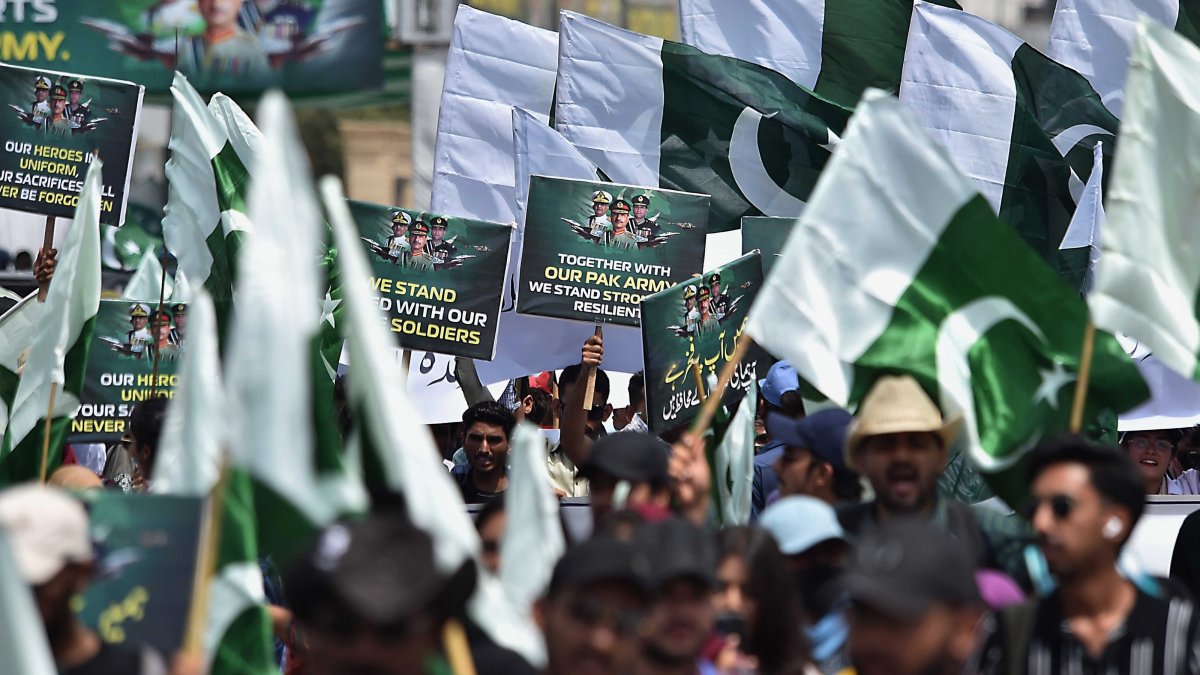






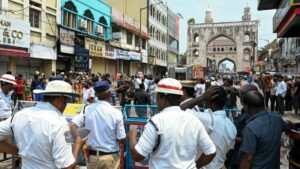




















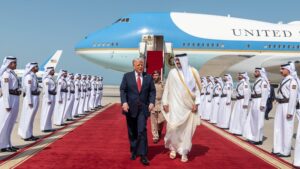


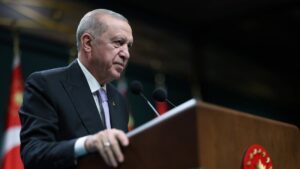
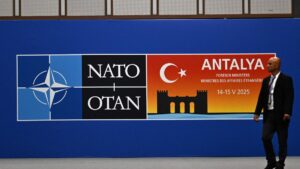








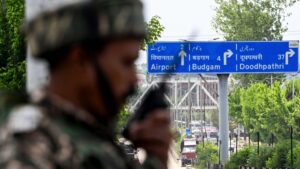


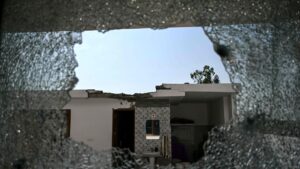



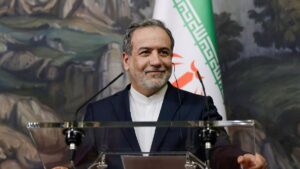

Be First to Comment